Have you ever cried so hard you could not speak or breath? Scream-cried so loudly someone thought you broke a bone? Less than a month ago I had one of these moments. I cried a deep cry of hurt, anger, and resentment. A cry of complete confusion. I felt betrayed because in so many ways I was drowning. And I felt broken to the core as I wondered why would people who knew me, raised me, taught me, mentored me, employed me, befriended me, or loved me let me struggle for so long without realizing I need a lifejacket.
I recently received a formal diagnosis of attention deficit hyperactivity disorder, or ADHD. At 37 years old. 30 years after I was identified as a gifted and talented student in Brooklyn, NY and started attending classes in District 18’s Astral program for learners like me. 30 years. 30 years of mistakes I could not explain. Missed details I could not believe I overlooked. Studying the wrong chapter. Leaving that important book or assignment at home.
30 years of:
“Colin does not pay attention to details.”
“Colin does not care about doing his homework.”
“Colin refuses to stay in his seat, exhibiting a lack of self-control.”
“Colin does not know how to stop talking in class.”
“Colin can’t just follow the simple rule of only speaking when he raises his hand when I call on him.”
I did “just fine” academically, but I was disorganized. I was sloppy. I was a hot mess. But why was it so easy to categorize me in such negative terms? How was it so easy for all the educators I’ve had in all the schools I attended to just label me a hot mess? Why didn’t anyone think for one second that maybe there might be a possibility that perhaps this brilliant boy who is struggling with fixable challenges might deserve some support in this struggle? It hurts me so much because I was working so hard to hold things together, yet they still called me lazy. Writing this is so painful for me. It is painful because I spent so much time and energy trying to make things organized and presentable. Yet, they still complained that I was making a half-assed effort.
I need to believe that there is a reason why this is my story. The work I lead with thinkLaw where we have sparked a critical thinking revolution across 25 states helping educators think differently about who gets access to deeper learning is important. But maybe there is more we can do to shine a light on how to serve those students like me who think a bit differently.
At least 6 percent of all students who have a learning disability also have high academic aptitude. These students are considered twice-exceptional, or 2e. You can and should read lots of great information about 2e children here, here, here, here, and here. It may seem odd that I am choosing not to explain all we know about serving 2e children in this piece. But I’m leaving it out on purpose. The most important step in meeting the needs of 2e students is recognizing that they have needs that deserve to be served.
We are leaving genius on the table. When you stack the disparities in the overrepresentation of poor Black, Brown and Native American students in special education on top of the vast underrepresentation of these same populations in gifted education, it is obvious that there is boundless untapped potential in students who are told they are defective because their brilliance diverges from the norm. When we see the troubling data showing that students across the country who are high-achieving in fourth grade falling off tremendously over time, including the shocking revelation that 25% of low income students from this category end up not even applying to college, prioritizing 2e support can pay a powerful role in transforming excellent potential into excellent results.
We must recognize that 2e children become 2e adults. Adults like me. Adults who ended up going to the pawn shop every other month in my first year of teaching because I couldn’t figure out the timing of my bills and paychecks. Who had my driver’s license suspended for two years because I forgot to pay an out-of-state ticket. Who make epic mistakes in the workplace, missed the healthcare enrollment deadlines, and still struggled with completing all of the not-so-interesting, yet crucial aspects of work. Adults who let their families down because they messed up on their calendars, forgot to get the right things at the grocery store, missed the deadline for signing up for that important thing for the kids, and created an endless number of ways to create ridiculously unfair burden on their loved ones.
These struggles are real, but I need to be clear: I am not defective. No child is defective. Without my divergent thinking, I do not think I would ever have had the experience of putting together my life this way. My singular obsession with creating a world where stories like mine (growing up in the struggle with an incarcerated parent and lots of challenges but still receiving an education) are no longer exceptional was made possible by the way my brain works. Taking everything I’ve learned from teaching math, working in the child welfare system, leading nonprofit organizations, and practicing law to create an innovative, yet obvious model of using the same type of critical thinking you learn in law school as a K-12 education resource was made possible by the way my brain works. Sure, my law school professors might not like the idea that I’m sitting in Contracts learning about which side should win this case while thinking about how I can apply the same concept to two-step equations by having my students look at the same equation done incorrectly in two different ways arguing which one is more “right,” but that’s the way it works. My 2e story is simply another reason I believe we need to own our successes as “because, not despite” narratives.
I long for a world where there is no stigma attached to needing additional learning support to be successful in school. Because realistically, there is not a single child in our school systems who does not fit this criteria in some way. If we had a universal design for learning approaches that forced a shift from what’s best for all children to what’s best for each child, we would dramatically reduce the importance of labels and the unfortunate baggage that comes with them. Until then, I just want us to shift the way we respond when a child is struggling with behavior, academics, or any other aspect of attending school from a culture of blame to a culture of support.
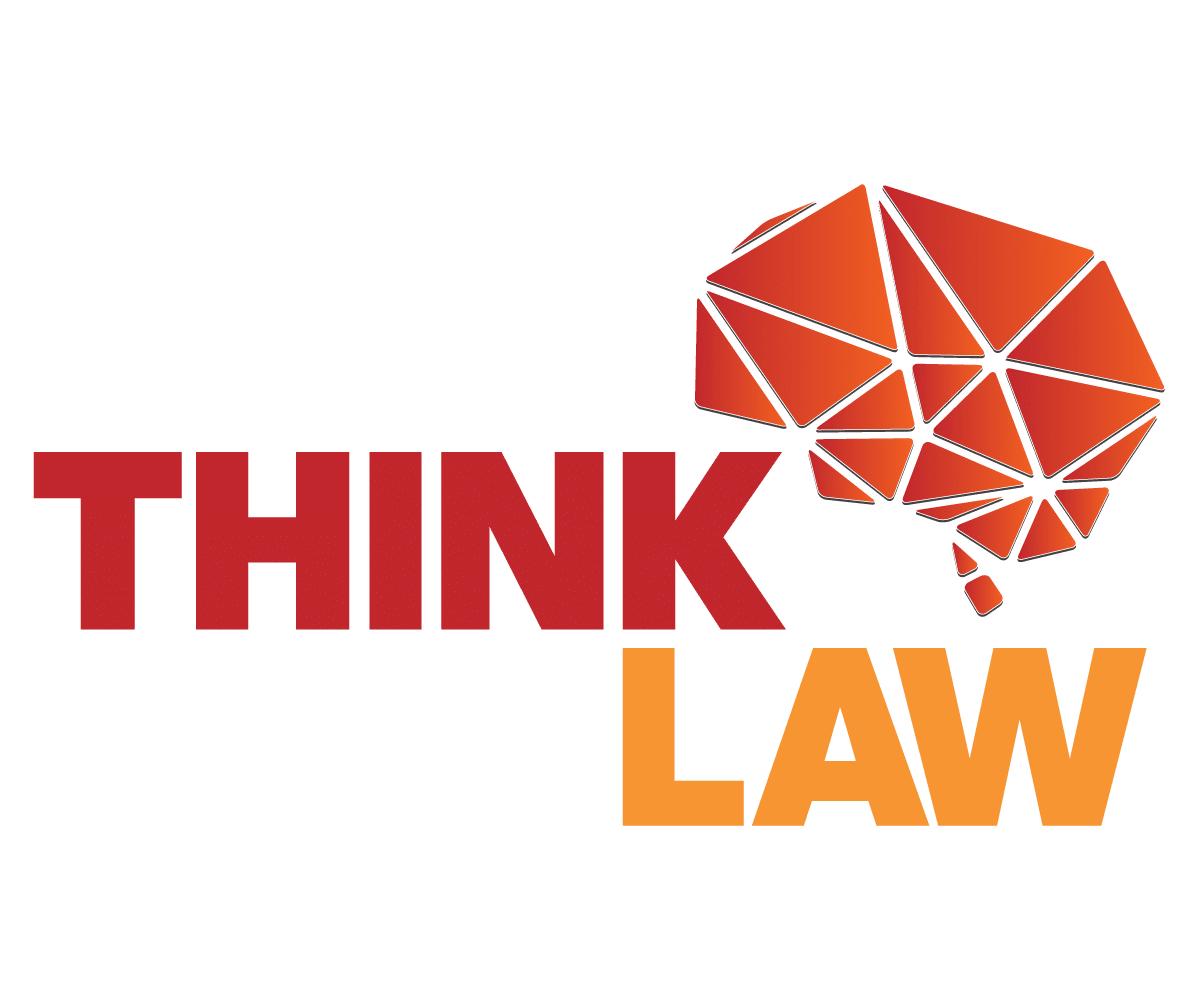

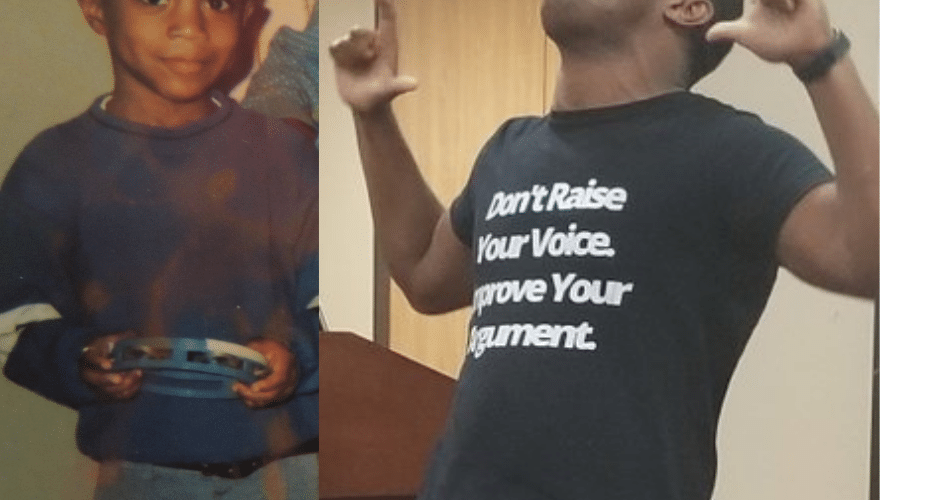
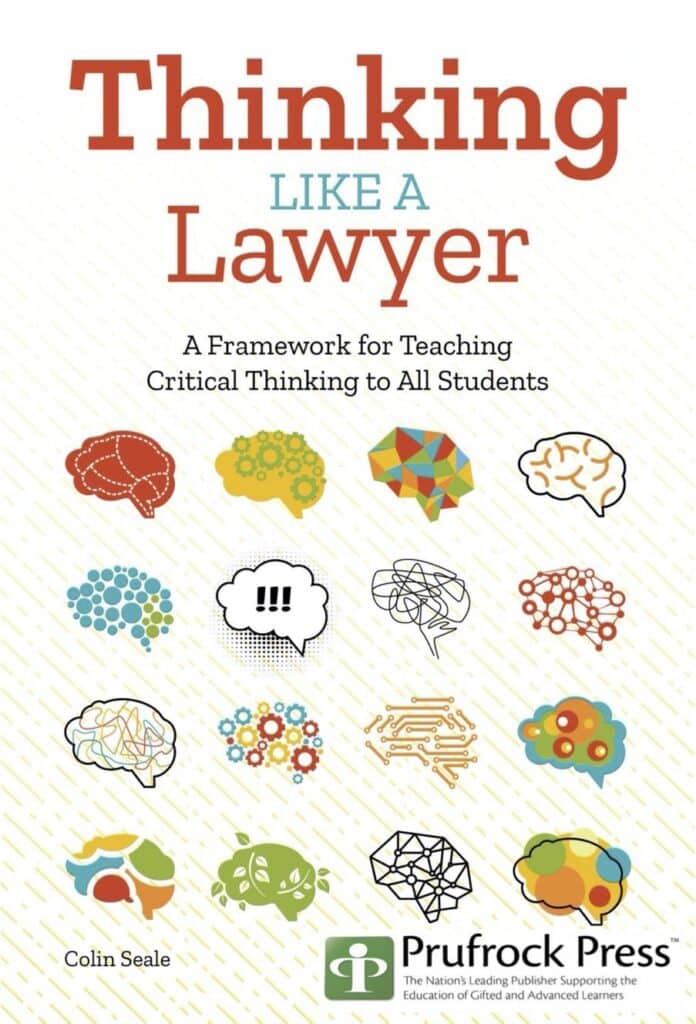

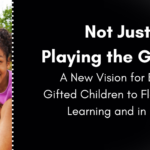
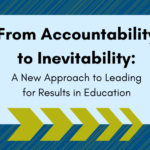
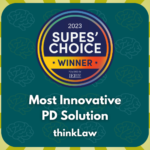
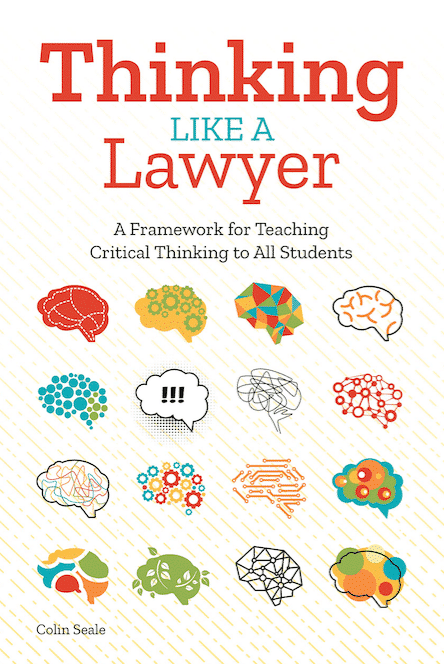
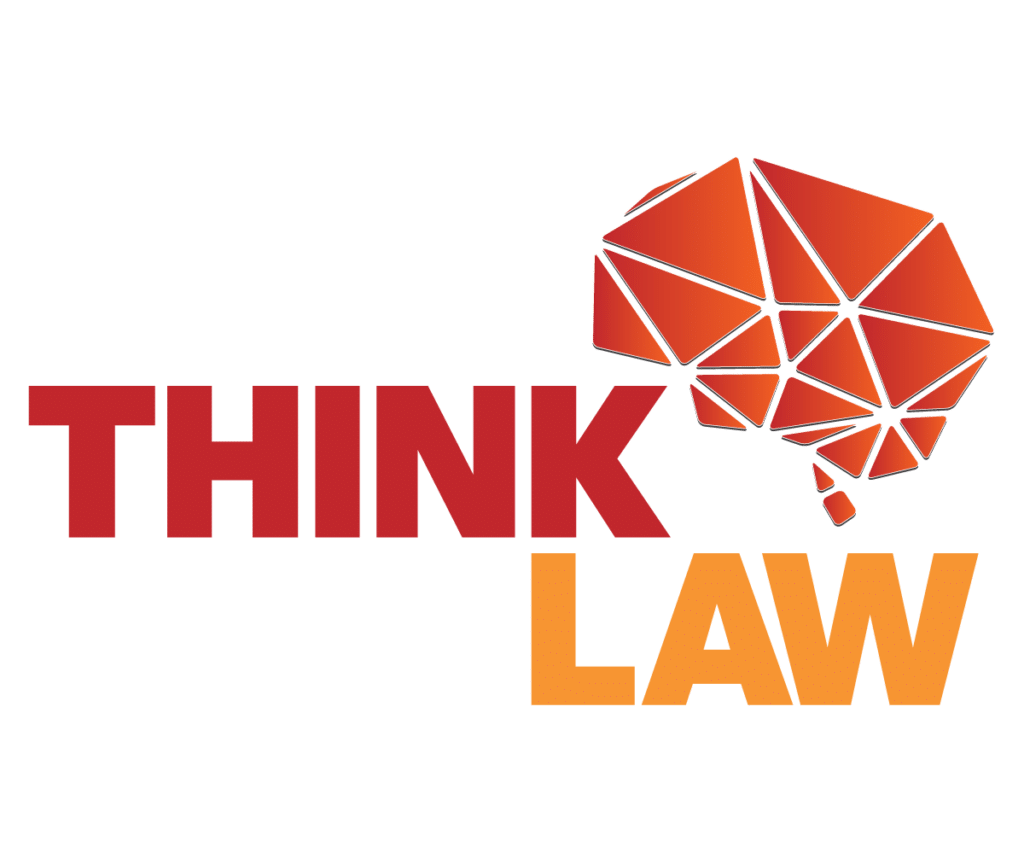
Thank you for sharing! My son is adhd and gifted. He did “just fine” without diagnosis or medication… until high school course load hit him hard and he struggled for the first time. School counselor suggested maybe he should drop down to on-level classes. No! He wanted, and needed, to continue in challenging GT/AP classes. He started having suicidal thoughts. I was shocked when doctor said untreated Adhd can lead to depression. Got him on meds immediately and he’s now thriving in his rigorous classes and excited about university.
In 6th grade I did not understand fractions…or at least not the way my elementary teacher was explaining them. I was placed in the “average” math level in middle school where my 7th grade math teacher thought I was so smart, he moved me ahead one year, so that instead of being locked into the middle math track, I took Geometry in 9th grade and Calculus as a senior.
I later took a lot of math in college, majored in Statistics, and am enjoying a 30-year career as an actuary – a very math related field.
Children mature at different ages. Never lock a child into a certain track because they may have needed help at an earlier age. Thanks to the teachers who look at their students as individuals!
Hi Colin! We met a year ago at the Gifted conference in AZ (I was your neighboring STEM ed table, STEMology Club) and I have followed your blog and growth since – I truly appreciate you sharing your story so openly, for ThinkLaw being a force of change out there and hope that our paths cross again soon! Thank you for opening our eyes!